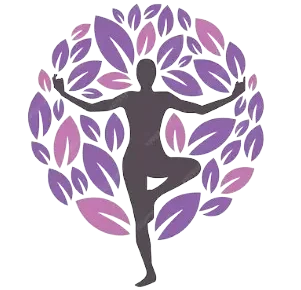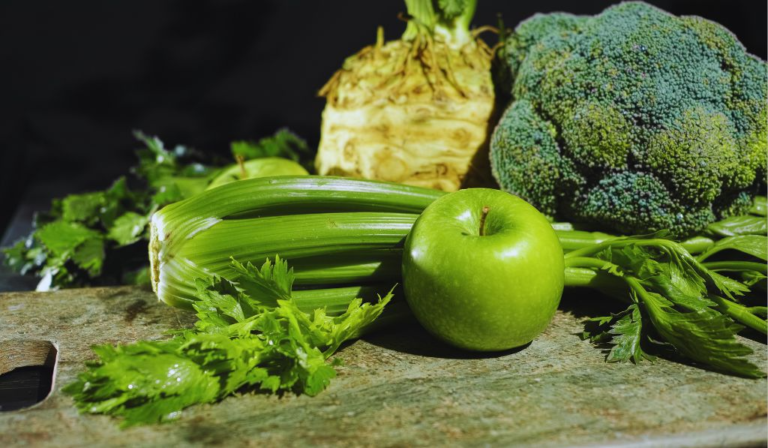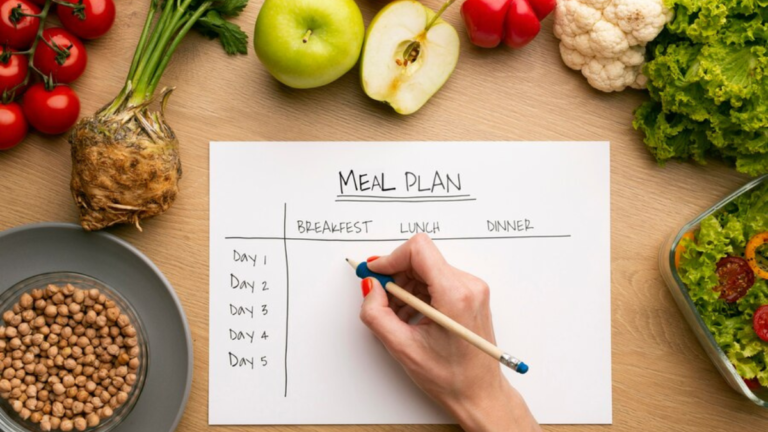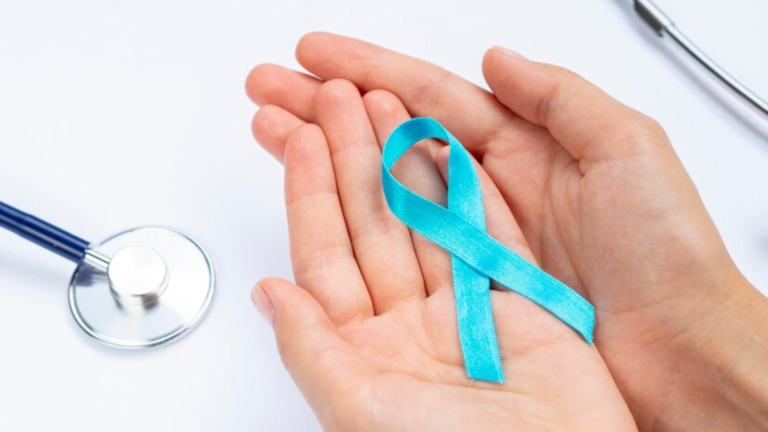Revitalize Your Routine: 15 High Protein Snacks for Optimal Nutrition

Intro to High Protein Snacks
Consuming proper meals is not as easy in today’s society with all the activities and deadlines that have to be met. High Protein snacks are ideal since they can help you take in adequate amounts of protein during the day. They do not only aid in construction and renovation of tissues but they are also essential in health. This article gives an insight into some of the high protein snacks, the nutritive value of the products, advantages of taking foods high in protein and some recipes on how best to prepare them. Let’s dive in!
Why do I need high protein snacks?
Protein can be classified as one of the macronutrients which are very vital to our bodies. Hence high protein snacks plays crucial role. It is involved in numerous bodily processes, including:
- Building and Repairing Tissues: They compose muscles, skin, enzymes, and hormones Among other things, it is composed of proteins.
- Supporting Immune Function: Protein is very important when it comes to the immune system; therefore, the people need to ensure that they take the right portions.
- Providing Energy: Protein is used for energy in the body especially when carbohydrates and fats are missing in the diet.
- Promoting Growth and Development: Most importantly to the children and the teenagers as well as pregnant women.
Issues Associated with Protein Deprivation
- Muscle Wasting: Protein deficiency causes loss of muscles and they become weak.
- Poor Immune Function: It leads to the poor functioning of the immune system if proper proteins are not taken.
- Delayed Growth in Children: Malnutrition which results from lack of proteins in the diet of the children is some of the risks it poses to children.
- Hair, Skin, and Nail Issues: Lack of sufficient amounts of protein makes the hair and nails become brittle and the skin develops certain complications.
Vegetarian High Protein Snacks and Their Nutritional Information
Greek Yogurt with Nuts
- Protein Content: about 15-20g per serving
- Nutritional Value: Rich in calcium and shun from probiotics and antioxidants present in nuts.
Cottage Cheese with Berries:
- Protein Content: 14g for half cup
- Nutritional Value: High in calcium, containing vitamin B12, and is an antioxidant food made from berry.
Chickpea Salad:
- Protein Content: It can contain 15g per cup of sugar which has a bad effect on people’s health.
- Nutritional Value: 3 Points of Interest, high in fiber, iron, and vitamin C.
Edamame:
- Protein Content: 450mg per cup
- Nutritional Value: rich in fibre, vitamins and minerals.
Hummus with Veggies:
- Protein Content: 8g per ½ cup
- Nutritional Value: Includes fibre, the good fats, and numerous other vitamins.
Non-Vegetarian High Protein Snacks List and the Nutritional Information
Hard-Boiled Eggs:
- Protein Content: 6g per egg
- Nutritional Value: Biochemical composition is rich in vitamin D, B12 and Se.
Tuna Salad:
- Protein Content: 20g for every 3 oz
- Nutritional Value: With a good amount of Omega 3 fatty acids, vitamin D and iron.
Chicken Breast Strips:
- Protein Content: The elimination rate for amphetamines ranges from 26g per 3 oz to 35g per 3 oz.
- Nutritional Value: Selenium; Low fat; High in B vitamins;.
Turkey Jerky:
- Protein Content: It ranged between 0,001 and 0,01 g per oz and up to 10g per oz in the case of solid foods.
- Nutritional Value: Free of fat, recommended amount of zinc and iron.
Shrimp Cocktail:
- Protein Content: With the figure of 18g per 3 oz.
- Nutritional Value: Low calorie food, rich in iodine and selenium.
Exploring Vegan High Protein Snacks for Health-Conscious Eaters
Tofu Sticks:
- Protein Content: 10g per 1/2 cup
- Nutritional Value: Supplied with calcium, iron as well as magnesium.
Lentil Soup:
- Protein Content: 3 gms per cup
- Nutritional Value: Prone to contain fiber, folate and potassium.
Quinoa Salad:
- Protein Content: 8g for each cup
- Nutritional Value: contains a high level of fiber, magnesium and phosphorus.
Almond Butter with Apple Slices:
- Protein Content: 80g/7g per 2 tbsp
- Nutritional Value: Good source of fats, vitamin E and magnesium.
Chia Seed Pudding:
- Protein Content: The characterization of their products as ‘Ultra Premium’ is apt since they contain a heavy 5g of cocoa butter per 4 oz.
- Nutritional Value: Packed in omega-3 fatty acids, fiber and antioxidants.
High Protein Snacks Benefits for Skin, Hair & Total Body Health
- Improved Muscle Mass and Strength: It is used in the construction as well as preservation of muscle mass.
- Better Skin Health: Protein helps build collagen thereby making the skin to become elastic and minimize wrinkles.
- Stronger Hair and Nails: Consuming enough protein keeps hair and nails from becoming brittle as is the case with nails.
- Enhanced Metabolism: Weight loss is attributed to protein because it takes a lot of energy to digest the food containing protein hence increasing metabolism.
- Increased Satiety: High Protein snacks might make you feel more satiated and thus be useful in helping you lose some weight.
Table of the Daily Amount of Protein Recommended by Age
- Children (1-3 years): 13g/day
- Children (4-8 years): 19g/day
- Tweens and Teens (9-13 years): A SDM-VL ____ 34g/day
- Teen Boys (14-18 years): 52g/day
- Teen Girls (14-18 years): Organic carbon: 46g/day
- Adult Men: 56g/day
- Adult Women: 46g/day
- Pregnant or Lactating Women: conversion factor from gms to grams is 71g/day.
Different Ways on How to Increase Protein Consumption
There are different ways you can increase your protein consumption in your everyday diet.
Include Protein in Every Meal:
Make sure you incorporate lean meats such as chicken, turkey and beef, fish, eggs, dairy products including milk, cheese and yogurt, and plant protein sources like tofu, tempeh, beans and lentils.
Incorporate High Protein Snacks:
You can opt for high protein snacks such as Greek yogurt, nuts, seeds, and protein bars to maintain the protein balance in your body during the day.
Use Protein Supplements:
The consumption of protein powders or shakes is also one of the ways to take more proteins, preferably after exercising.
Choose Whole Grains:
Consume whole grains such as quinoa, brown rice, oats among others, as they provide more protein than refined grains.
Add Protein to Breakfast:
Take protein with your first meal to help increase your daily protein intake, this could be eggs, cottage cheese or a protein smoothie in the morning.
Mix in Nuts and Seeds:
Another high protein snacks options are add chia seeds, hemp seeds, or almonds on salad, cereal or on yogurt for additional protein.
Eat More Legumes:
Try incorporating different kinds of beans, chickpeas, and lentils in your diet since they contain protein from plant sources.
Advantages of Intake of Protein
Muscle Building and Repair:
Protein is required to form and restore muscles and tissues thus should be taken regularly by athletes and those taking keen involvement in physical activities.
Weight Management:
Since proteins are bulky, you feel full for a longer time and therefore eating high-protein foods can assist in your weight loss or maintain your weight. Honestly, snacks are really important to prevent you from over eating in the night. Hence, high protein snacks are really a great option to munch on but chose wisely.
Bone Health:
Furthermore, a sufficient amount of proteins helps to maintain proper bone mass and bone density hence cuts the risk of fractures and osteoporosis.
Improved Metabolism:
Protein has a higher thermic effect in comparison with fats and carbohydrates; thus, the metabolism of this macronutrient leads to the expenditure of more calories.
Blood Sugar Regulation:
Protein helps to control blood sugar levels and prevents fluctuations that make one feel hungry all the time.
Is It Dangerous to Take Too Much Protein?
While protein is beneficial, consuming excessive amounts can have potential downsides:
Kidney Strain:
A high protein diet also poses some burden on the kidneys, especially for people who have other diseases affecting their kidney function.
Dehydration:
A very high protein diet will cause increased demand for water in the body, which if not met could result in dehydration.
Nutrient Imbalance:
This is likely to lead to emergence of numerous shortcomings regarding the other necessary nutrients inclusive of fiber as well as several vitamins and phytonutrients.
Digestive Issues:
When taking foods which are very rich in protein, common signs of digestive problems such as constipation may occur if you are taking very little fiber.
Increased Risk of Heart Disease:
Consumption of protein in the form of red and processed meats is associated with higher saturated fats and cholesterol content and hence increases heart disease.
Conclusion
Moderation is the word to use when it comes to reaping the benefits of proteins while not causing damage. Try to consume different types of proteins and set the daily norms according to the age, physical activity, and goals. But High protein snacks are really important to prevent overeating. One should always consult a health care provider or a nutritionist if one has any protein concerns or changes in his diet plan.






